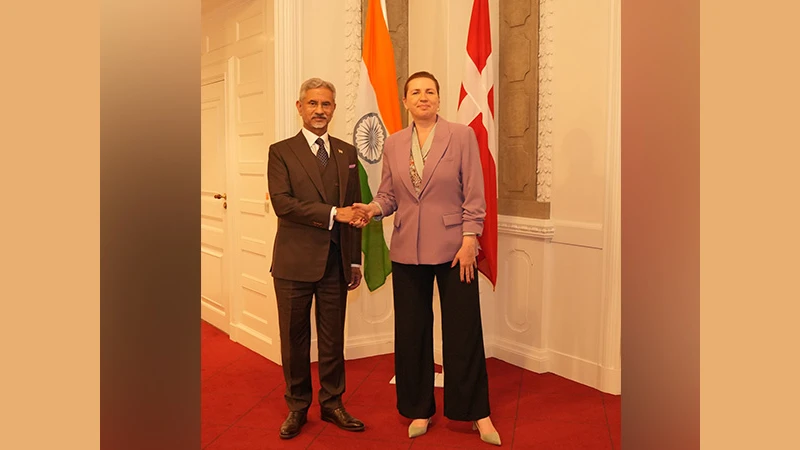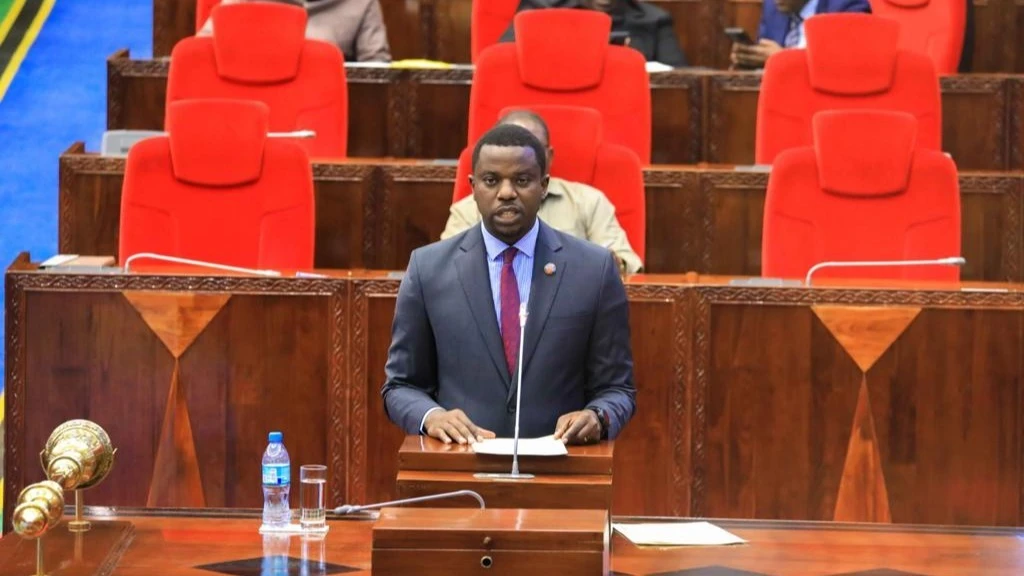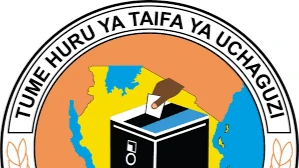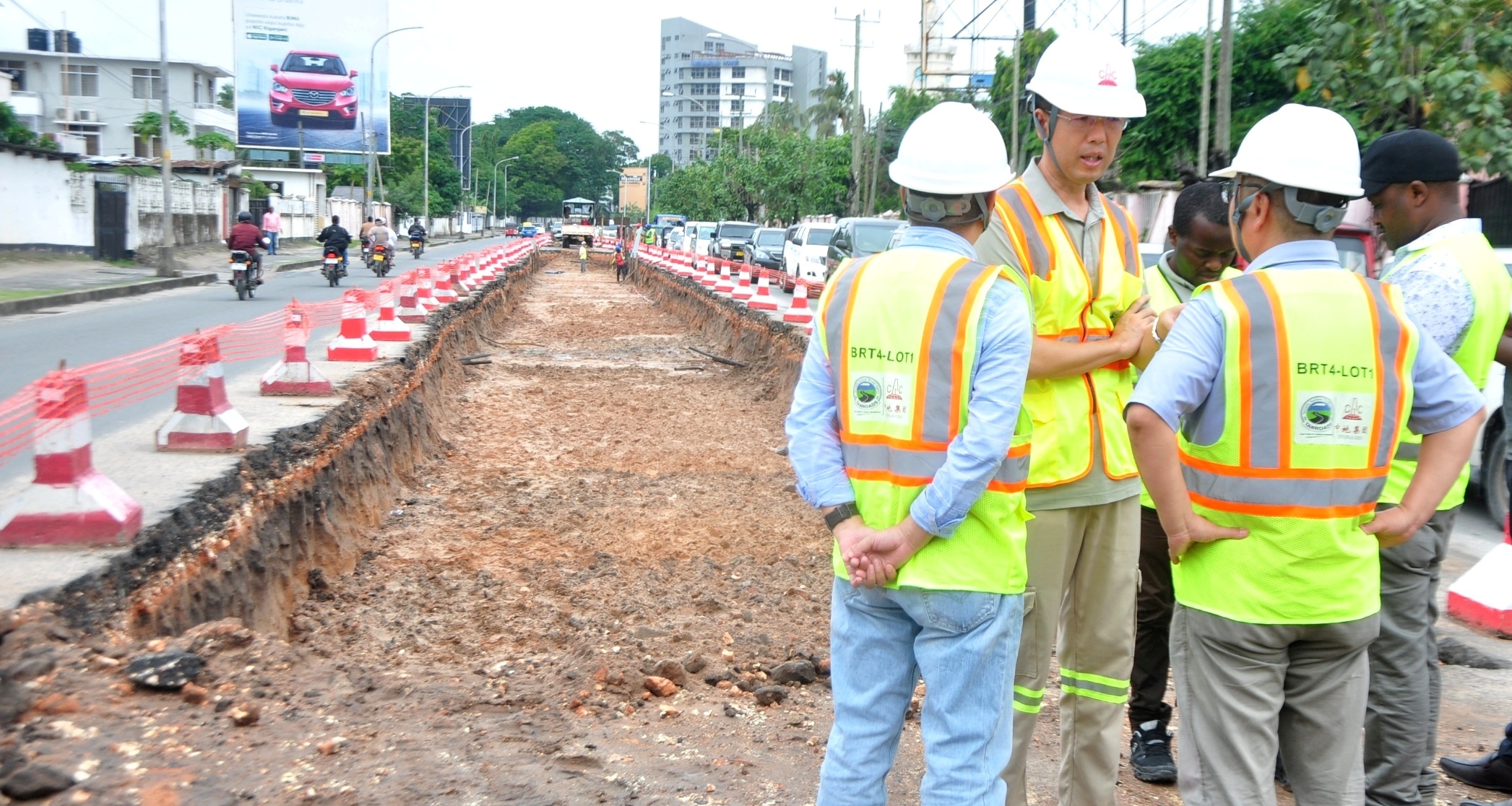MPs shocked on public health facilities charging for delivery
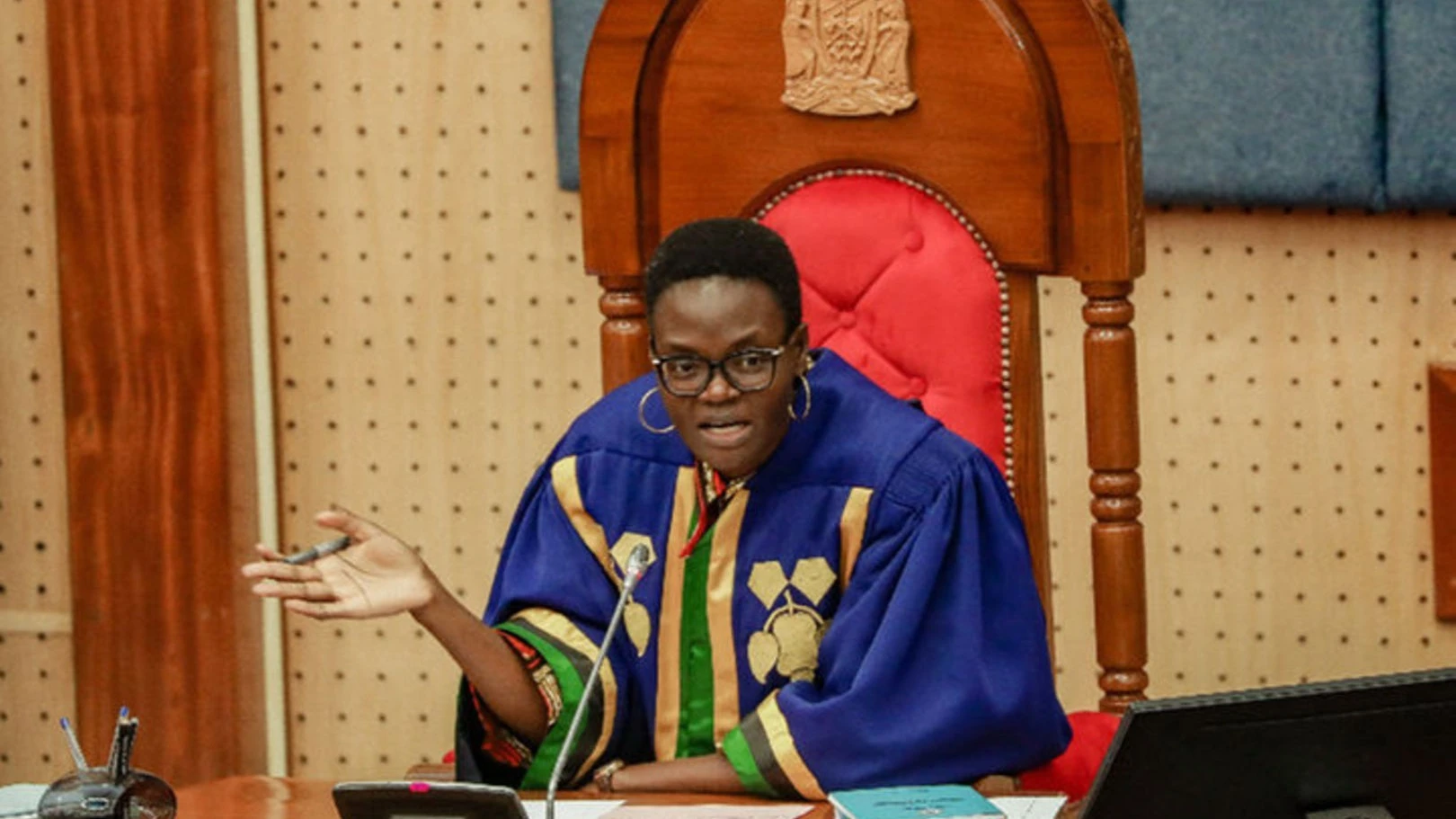
THE National Assembly has directed the government to address complaints that expectant mothers are being required to bring their own medical supplies or purchase them in public medical facilities.
Dr Tulia Ackson, the Speaker of the National Assembly, asked the government to address this challenge and identify the facilities enforcing such practices. Complaints have regularly surfaced in the media and at times in the legislature that expectant mothers are directed to buy intravenous fluids, gloves and stitches in case of cesarean section, she said.
The payments are demanded in hospitals, health centers and dispensaries, contrary to the 2007 health policy framework that mandates free maternal healthcare, she said.
The government needs to identify public medical facilities demanding such payments and reasons behind this procedure, to resolve the issue and ensure that expectant mothers receive free medical services in line with government commitments, she further stated.
Restating the policy, she asserted that Clause 5 clearly states that the government shall provide free healthcare services to pregnant women, family planning users and children under five.
The government’s goal is to establish guidelines, strategies and sustainable plans aimed at reducing maternal and child mortality, she stated, asserting that it is hard to believe that hospitals, health centers and dispensaries nationwide require pregnant women to bring bandages, IV fluids and gloves during delivery.
The Speaker noted that late last week Mbozi MP George Mwenisongole asked whether the policy was still being implemented. He also sought reasons why pregnant women entitled to free care are compelled to supply these items, some of which go unused or left behind at facilities, all of which contravene the law.
The MP reportedly found the government’s additional responses unsatisfactory, even as Dr. Godwin Mollel, the Health deputy minister, sought to reassure MPs that “the policy remains in force and guides health service delivery across the country’s hospitals and clinics.”
Facilities requiring women to bring supplies should be identified to understand and tackle the root causes, he said, while acknowledging ongoing challenges including budget constraints, leadership issues, underestimation of drug needs and misallocation of funds intended for medicines.
The Speaker noted that the Deputy Minister’s explanations met the requirements of Parliamentary Standing Order 53, even as she directed the government to probe the matter and establish how far the policy is still being followed.
Top Headlines
© 2025 IPPMEDIA.COM. ALL RIGHTS RESERVED








